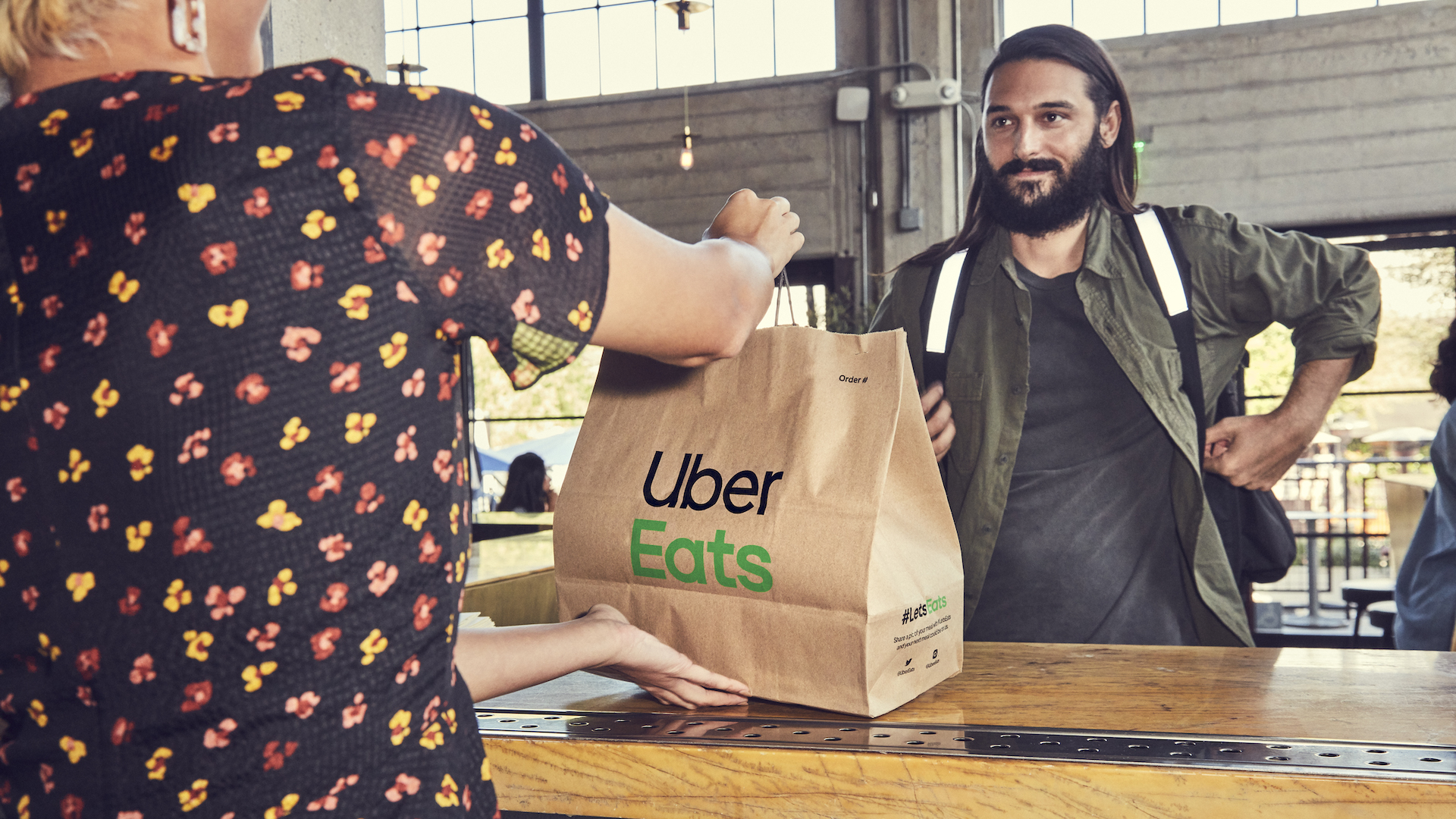Uber Eats and Bolt have been ranked among the worst gig economy platforms to work for by University of Oxford researchers, who are calling for stronger protections for those in the gig economy.
Awarded scores of zero, Uber Eats and Bolt could not prove they meet any of the basic standards of fair work set by the researchers – such as ensuring all workers earn above the national minimum wage, providing workers with clear and accessible contracts, and keeping workers safe.
The researchers also accused some platforms of cutting existing protections for workers in order to increase profitability as food delivery services contend with a tough economic climate. Demand for food delivery and ride-hailing has fallen as the cost of living crisis has left people with smaller budgets for luxuries.
- What is the gig economy and why is it controversial?
- Zero hour contracts: Are they legal and what rights do they give me?
- A National Food Service? TfL for taxis? What nationalising the gig economy could look like
“At a time of economic hardship for families across the UK, now more than ever people need work that is fair and decent. Our research demonstrates that most platforms are failing to ensure work that meets even basic criteria of fairness.” said Dr Adam Badger, co-author of the Fairwork UK 2023 report.
In February, a man identified only as Mohammad, collapsed while delivering a takeaway to an apartment block in central London for platform Deliveroo. While the Deliveroo app kept alerting Mohammed to complete the delivery, nobody from the company called to check he was okay, James Farrar, the general secretary of the App Drivers and Couriers Union, told Mail Online. The incident sparked widespread concern over the lack of monitoring of workers while they are working for gig economy platforms.
Your support changes lives. Find out how you can help us help more people by signing up for a subscription









